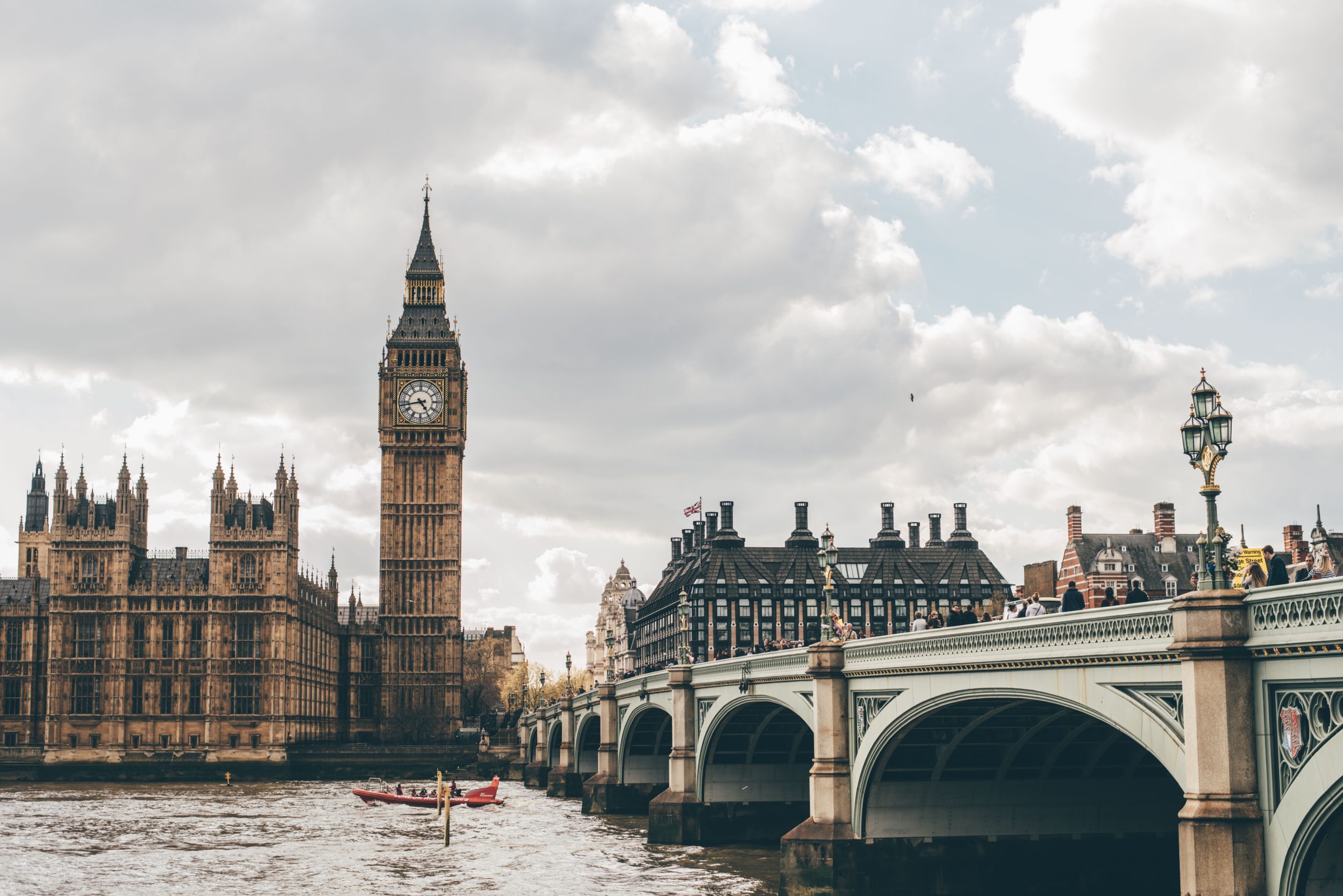What Can Governments Do to Prevent Climate Change?

In the ongoing struggle to create a sustainable future in which we can all live comfortably, we are all having to play a part in reducing our day-to-day impact on the environment. From recycling to switching to sustainable forms of energy such as battery power – the solutions to climate change lie in our actions.
Even though we as individuals are chipping in as much as we can to the effort, it can seem futile when major governments and businesses are not adopting sustainable practises – after all, if the major frameworks of our society are not working towards a common goal the goal may be out of reach.
This begs the question, if everyday people are making changes in their lives to support the environment, then what can governments do to help prevent climate change?. This article explores some ways in which governmental bodies can make a difference.
Set realistic goals and targets
Initiating simple policies such as carbon pricing, energy efficiency standards and renewable energy targets can have a massive impact on a society as they incentivise sustainable behaviours. More and more, we are seeing large companies pledging to go carbon neutral – for example, Apple are working to achieve this by 2030.
The more we see large companies like this making pledges towards sustainability, the more it sets the standard across industries and governments should support these initiatives to supercharge their development.
Promote clean energy
Promoting the use and development of clean energy sources such as solar, wind and geothermal is something that governments could do to help steer society in a sustainable direction. Reducing the use of fossil fuels such as coal, oil and gas will have a massive impact as fossil fuels are a huge contributor to the climate crisis.
Incentivising the use of sustainable energy sources through financial means such as tax credits could make it easier for businesses and individuals to adopt clean energy.
Invest in Public Transportation
Investing in public transportation to reduce the number of cars on the road comes with it an obvious host of benefits, the first being that carbon emissions can be drastically reduced.
With the introduction of hybrid powered buses, trains and bike/scooter-sharing schemes the amount of people clogging up the roads with gas guzzling automobiles will be reduced and in turn, the ozone layer will thank us for it.
Implement Green Building Standards
Implementing new energy efficiency standards in the construction industry means that moving forward, energy consumption and greenhouse gas emissions from the built environment can be reduced.
Using sustainable building materials will set a standard across the industry, and those using traditional methods of construction will fall below this standard.
Regulate Emissions from Industry
Using emissions trading schemes, regulations, and other policies that incentivise emission reductions, governments can regulate carbon emissions from industrial activities.
Industrial activities such as power generation, manufacturing and agriculture generate a massive number of emissions each year – but through strict regulation, they will be forced to find more sustainable alternatives within the supply chain.
The Protection of Natural Ecosystems
Natural ecosystems such as forests, parks, woods and wetlands act as ‘Carbon Sinks’ which absorb the greenhouse gas emissions from the atmosphere. The destruction of these natural ecosystems is detrimental to our atmosphere and with huge operations such as deforestation and the mining of natural resources – the problem persists.
If Governments protect these natural resources, individuals who rely on the mining of these resources for their operations will be forced to invest in sustainable alternatives and in turn, help prevent climate change.
Clean Air Zones
In the United Kingdom there are currently clean air zones (CAZ’s) in Birmingham, Bath, Portsmouth, London, Bristol, Greater Manchester and Bradford.
CAZ’s make it so that drivers of cars that give off a certain level of emissions will be charge to enter the area – incentivising the use of public transport and reducing the amount of cars on the road.
However, whilst these CAZ’s are great to reduce traffic levels – they ignore other sources of emissions such as petrol-powered tools.
Challenge 2025
Challenge 2025 is a mission that began in 2020, to get city councils to switch from petrol-powered tools to fully battery powered by the year 2025. The reason for this mission is due to the findings of Challenge 2025’s The Report– in which they found that one petrol-powered leaf blower releases the same amount of carbon emissions as a small car, without them being regulated at all.
The Report highlighted the irony of the Clean Air Zone policies whilst still being in support of their presence within the UK’s major cities.
What Can I Do Today?
Getting governmental bodies to change policies starts with individuals voicing their concerns and asking for change, so get in touch with your local MP today to express your opinion and kickstart a more sustainable future.
For more information on sustainable alternatives to petrol-powered garden tools or Challenge 2025, please get in touch today.